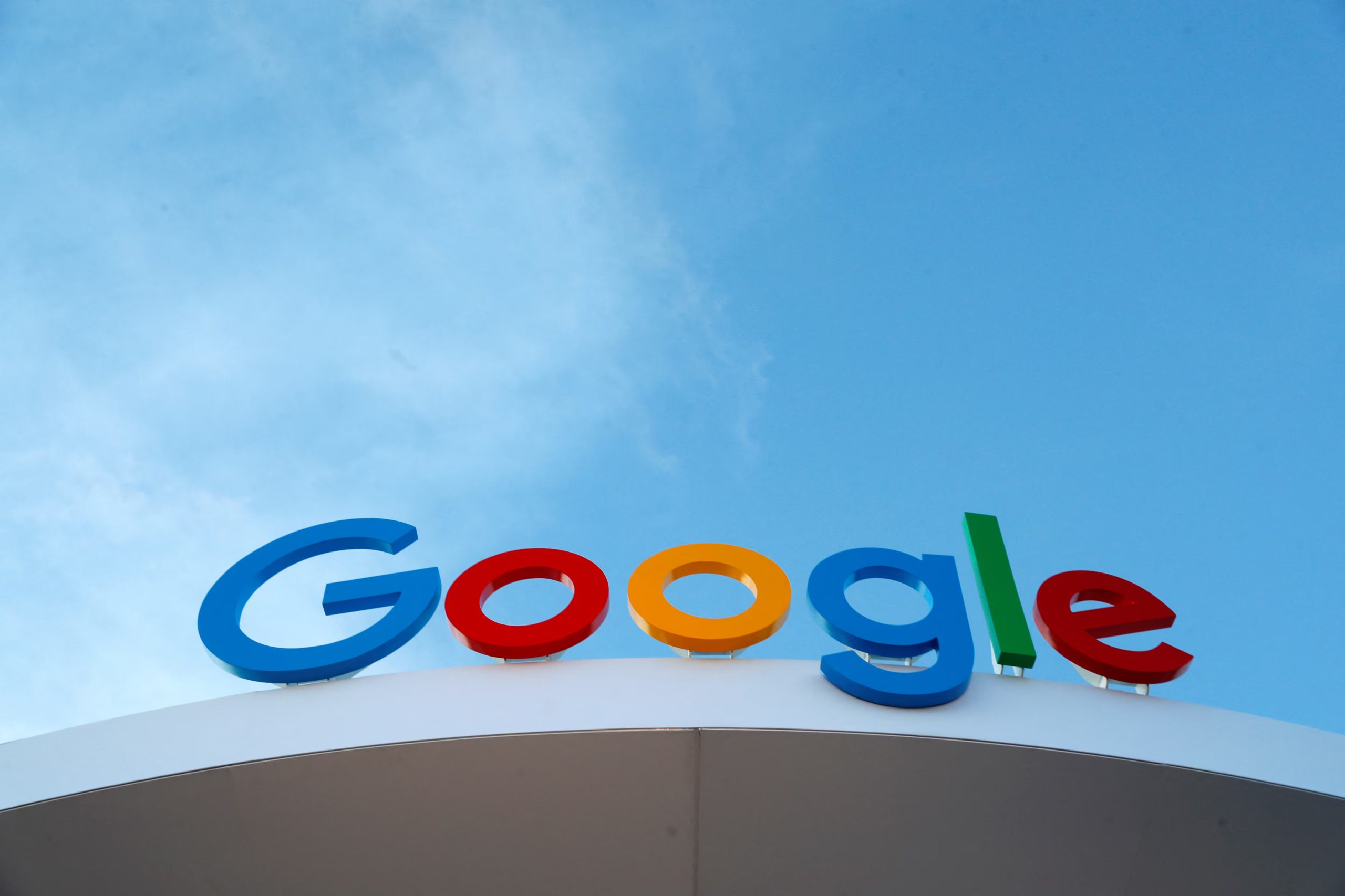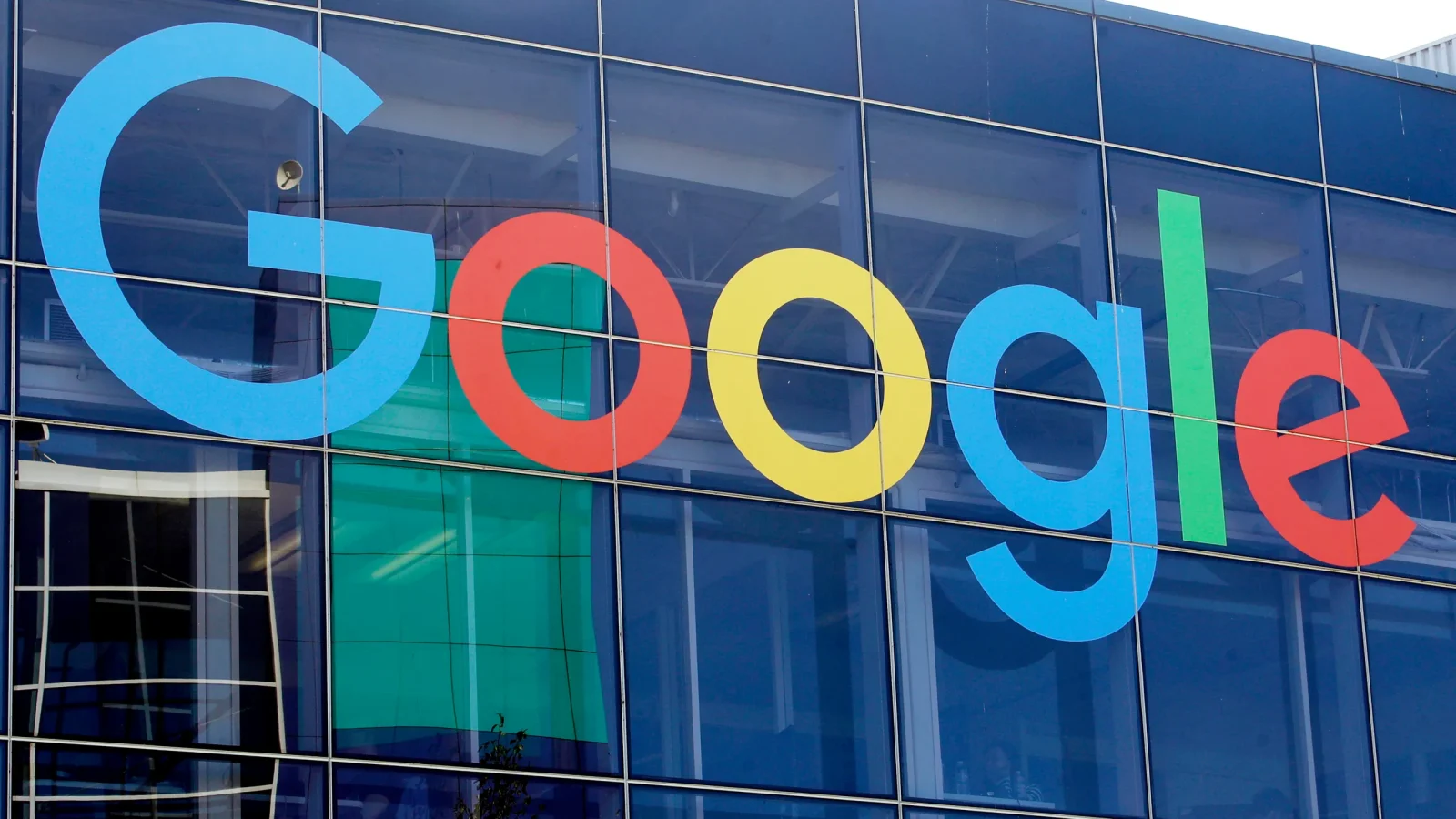A California judge, James Donato, has issued a permanent injunction requiring Google to offer alternatives to its Google Play store for downloading apps, games, and other software on Android devices. This ruling is part of Epic Games’ ongoing antitrust lawsuit, which began in 2020.
Epic Games, known for challenging the monopolistic control that Google and Apple have over app distribution, accused Google of anti-competitive practices. The app distribution industry is a $124 billion business in the U.S., and Epic’s goal has been to disrupt this dominance.
The decision has major implications for Google’s business model. Under the injunction, Google will no longer be allowed to pay companies to preinstall Google Play on devices or to prevent them from competing with the Google Play store. Google will also have to stop forcing app developers to use Google Play’s payment system, which takes a commission of 15% to 30% on in-app purchases. The ruling also requires Google to allow competing Android app stores to access its app catalog, opening up the market to more competition.

Following the decision, Alphabet, Google’s parent company, saw a significant drop in its stock price, falling more than 2%. The ruling is expected to impact Google’s revenue from app store commissions, which is a critical source of income. While the decision challenges Google’s control over Android app distribution, it is also a signal of increased scrutiny on the tech industry’s dominant players. In contrast, Apple remains largely unaffected by this ruling, as Epic’s similar lawsuit against it ended with a more favorable outcome for Apple.
Epic Games praised the ruling as a “win for all developers,” arguing that it would foster greater innovation and competition in the app store market. Epic, which operates its own game-centric store and develops a popular game engine, believes that the decision will provide more opportunities for developers to explore alternatives. This victory marks a significant moment in Epic’s broader campaign to break the duopoly that Google and Apple hold over app distribution.
The ruling puts Google at a disadvantage compared to Apple, especially since Epic’s lawsuit against Apple resulted in a more favorable ruling for the iPhone maker. While Google will need to adjust its business practices, Apple continues to maintain stricter control over its app store policies, giving it a competitive edge in the app distribution market. This case, therefore, has broader implications for how tech companies will be regulated and how app stores will evolve in the future.







Leave a Reply